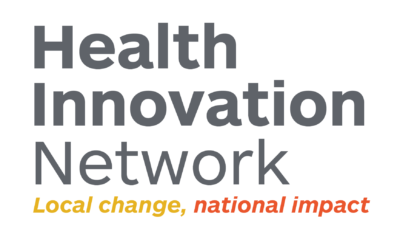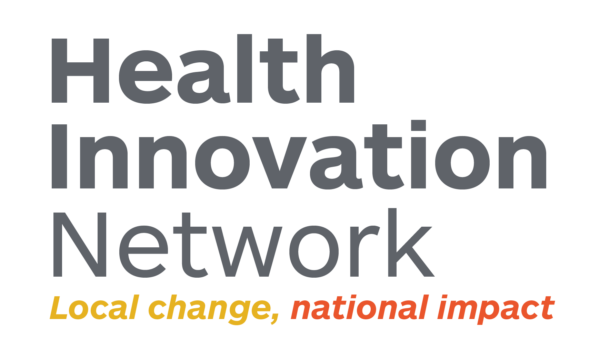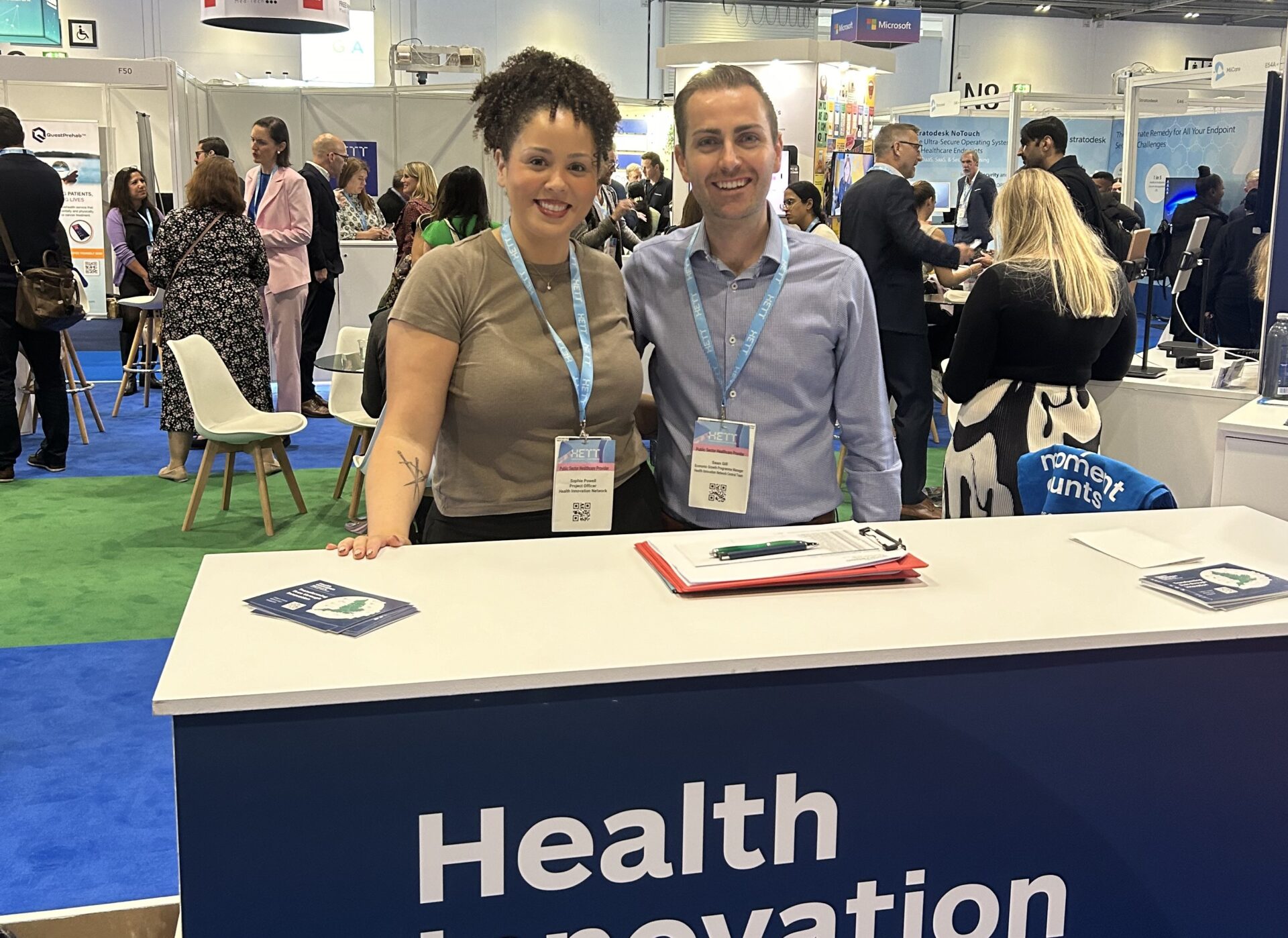SBRI Healthcare, an Accelerated Access Collaborative initiative in partnership with the AHSN Network, has awarded over £5 million to seven innovations that support stroke patients, in collaboration with the Stroke Association. Stroke is the fourth biggest cause of death in England with more than 100,000 strokes a year in the UK. Yet despite significant progress globally in the prevention, treatment and rehabilitation of stroke, there is intense pressure on the stroke rehabilitation pathway, from acute to community stroke services.
In line with the priorities for stroke survivors, carers and healthcare professionals, identified in NHS England’s and James Lind Alliance report, SBRI Healthcare Competition 18 ‘Stroke and Technology’ focuses on addressing three primary issues: Pre-hospital diagnosis, rehabilitation, and life after stroke.
The projects were identified for phase 1 funding in February 2022 and over six months have demonstrated their technical feasibility and impact. This second phase of funding will provide the innovations with support for up to twelve months to support the development of prototypes and evaluation, before real-world implementation.
The innovations include an immersive home-based virtual therapy platform, point of care testing, a triage and referrals system, and tools to support rehabilitation and long-term care.
Matt Whitty, CEO of the AAC, said: “Our stroke demand signalling report identified the most important research questions and innovation challenges that need addressing to help deliver for those impacted and we’re delighted to build on that work by investing in the fantastic innovations we are announcing today.
“We have selected these innovations because they have the potential to make a big difference in stroke care and by supporting the most promising innovations the NHS will continue to evolve, helping meet more patients’ needs and encouraging more innovators to come forward with ideas that make a difference.”
Dr Richard Francis, Head of Research at the Stroke Association, said: “We are delighted to continue our partnership with SBRI Healthcare by supporting seven stroke projects in Phase 2. This will enable the projects to build on their success in Phase 1 and further develop and test their interventions in stroke diagnosis, treatment and care. These projects address key research priorities identified by stroke survivors and clinicians in the stroke Priority Setting Partnership. Every minute stroke goes untreated, 1.9 million brain cells die. Improved pre-hospital diagnosis will help ensure people get the right care as quickly as possible, while innovative rehabilitation and long-term care solutions can help survivors make the most of their recovery and rebuild their lives.”
The awarded projects are:
Pockit Diagnostics Ltd – awarded £798,919 – A point-of-care blood test for the pre-hospital identification of stroke patients suitable for emergency thrombectomy treatment
Pockit Diagnostics completed the development of a portable test able to measure two blood molecules and identify stroke patients with very high accuracy. The test provides results very rapidly and could be used to select patients early (ambulance) and accelerate treatment. However, before the test can be deployed, the technology needs to be scaled up and its accuracy for identification of large artery stroke confirmed on a real-world patient population.
Cognitant Group Ltd – awarded £423,981 – Providing a coordinated, connected world for all stroke survivors and their families through a personalised, digital support package: the ‘My Stroke Companion’ hub
The ‘My Stroke Companion’ hub will provide high-quality, personalised and shareable information about stroke for patients, carers and family; communicate and explain how the local stroke pathway fits together and provide a trusted channel for patients to access peer support and local community services. It will be disseminated to patients by healthcare professionals upon hospital discharge and integrated into the stroke pathway.
NeuroVirt Limited – awarded £754,388 – Immersive Virtual Reality for post-stroke patient rehabilitation and quantification of impairment and improvement
NeuroVirt utilises immersive Virtual Reality to gamify and individualise movement rehabilitation for stroke survivors whilst quantifying recovery progress for clinicians. NeuroVirt is unique in providing improved quality of movement control in people’s homes whilst connecting healthcare practitioners to their patients remotely.
Imperial College London – awarded £800,000 – OnTrack Rehab: A digital system for upper limb rehabilitation after stroke
OnTrack is a system to help stroke survivors recover the use of their impaired arm after a stroke with potential to improve experience and outcomes of arm rehabilitation. The aim is to demonstrate OnTrack’s clinical benefits, how it can save money to the NHS, and how it can be widely implemented.
Sonalis Imaging Limited – awarded £798,968 – Accelerated stroke diagnosis and triage using full-waveform inversion of transmitted ultrasound
Sonalis is developing technology that uses ultrasound to generate accurate high-resolution three-dimensional images of the brain and its blood supply using a device that is fast, portable and universally safe. They aim to accelerate diagnosis and treatment of stroke, saving lives and reducing disability, in the NHS and worldwide.
Odstock Medical Limited – awarded £800,000 – A two-channel neuromuscular stimulator with improved usability and wider application for therapeutic and orthotic use for people with central neurological damage
Odstock Medical Ltd is developing a new neuromuscular stimulator to help improve walking and arm function for people with partial paralysis. The device will treat people with a wide range of disabilities, helping improve their mobility and independence. SBRI funding will accelerate the development of this new neuromuscular stimulator project.
Evolv – awarded £791,815 – Move Well virtual platform for stroke survivors’ rapid rehabilitation through fun exergaming-based learning of accurate body movements
EvolvRehab® is a CE+UKCA marked virtual therapy platform used to treat neurological and age-related conditions from hospital to home. It allows therapists to reduce their workload by remotely prescribing and monitoring gamified exercise programs for patients at home, increasing their physical activity and treatment adherence which leads to improved outcomes.

Across England, innovation is improving cancer services and patient outcomes. Last week the government launched an open call for evidence to inform the National Cancer Plan. Innovation has a critical role to play in supporting the delivery of any National Cancer Plan, and delivering on the government’s three shifts. In order to realise the significant [...]

The Health Innovation Network is delighted to announce the launch of Innovation Insights, a brand-new webinar series designed to highlight the latest in health innovation, offering attendees valuable insights into the adoption and spread of innovation within the health and care landscape. Each interactive webinar will feature: Expert presentations: Delivered by thought leaders across the [...]

Innovation should be at the heart of the NHS 10 Year Plan. Delivering the three shifts and reducing waiting lists simply won’t be possible without innovation. At the Health Innovation Network, we are the innovation adoption experts. We’ll be offering expert advice and support to anyone with an interest in health innovation at this year’s [...]








